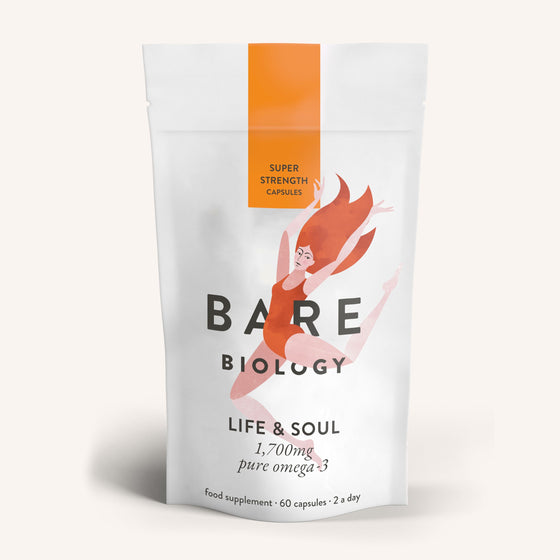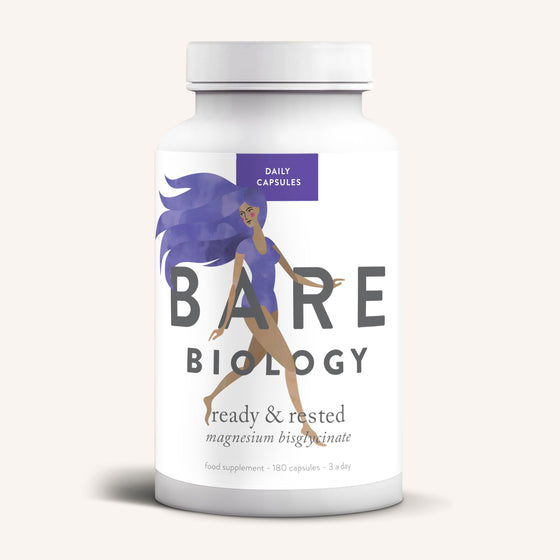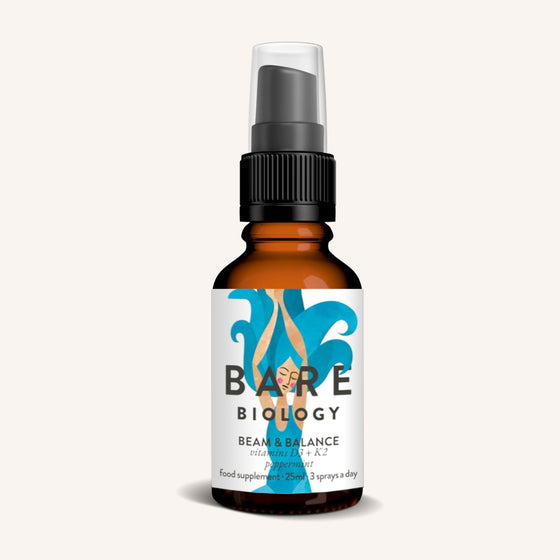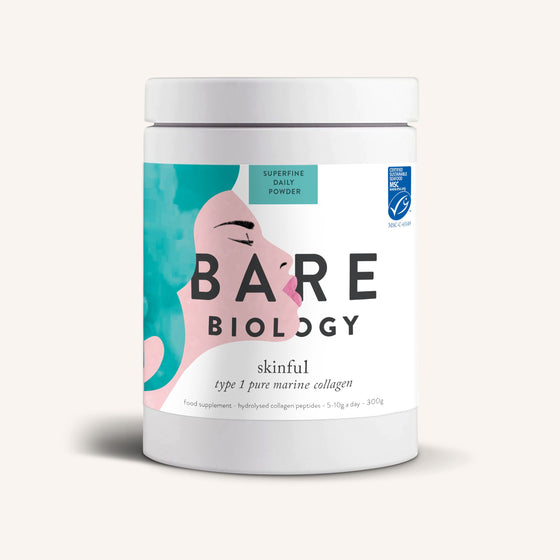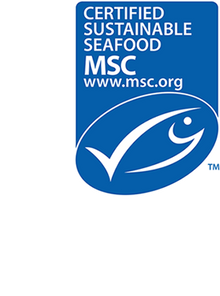Pain can be crushing and limiting. However, understanding where it can be held and how to manage it can be freeing. So, with that being said, welcome to what I do. My name is Emma and I am a Wellness Coach, Personal Trainer and Sports Massage Therapist.
What got me started?
I’ve always been into fitness in one way or another, from Roller Derby to Weight Training. I’m hypermobile which means I’ve had to manage the aches and dislocations by using my knowledge and experience as a personal trainer. But it was later on when faced with two operations and a car crash that I decided to explore ways of managing pain and trauma.
I now help other people ease pain from sports injury, pelvic pain, fibromyalgia, back pain and other health challenges ranging from pregnancy to menopause. As you can imagine, my day to day can change quite a lot. Regardless of why people come to see me, my goal is always the same. I want them to leave feeling connected with their body and on the path to being pain-free.
What is pain?
Pain is a signal to let us know something isn't working correctly or we are ill. Pain from an injury, past trauma or sickness can be debilitating but many of us hold onto it. I call this the ‘pain trap’. So how do we free ourselves?
Pain is multidimensional and when it’s persistent we become "better" at producing more pain. We become more sensitive to movements or environments that we could previously tolerate, and they become triggers.

When does pain occur?
Pain occurs when we fail to listen to the emotional and physical stresses in our life.
See pain as an overflowing glass, many things can contribute to what is in there. You can have a lot of physical, mechanical, emotional and social stressors but have no pain. At some point, a sudden increase in one of these factors or an additional factor pushes you over the edge, the water flows and with it the pain.
We commonly hold pain in our shoulders, neck and lower back. This can directly affect how you breathe and hold yourself.
How to recover from pain and best manage it?
The key factor in managing pain is learning how to shift your mind and body from being a painful enemy to an invaluable resource. This process only happens if you allow yourself to be in a collaborative healing partnership with yourself.
I use this teaching in my work, from massage, personal training, meditation, mobility and coaching. Whatever the medium you use to help you manage pain the approach is always the same for me. Listen to your body. What does your body currently communicate to you? That shift is key to progress.
Pain recovery and coping is the same thing. You can decrease some of the stress in your life by using some of the techniques I described earlier while also building resilience.
The impact of pain
When you are in pain, you are not you!
You stop doing things that are meaningful and important to you. Avoiding activity, social withdrawal, time off work and loss of contact with loved ones. All of this can sensitise you.
Consider what it is you’re missing and how this affects your mental wellbeing.
What is your belief around pain? Many false beliefs about pain can continue to sensitise your nervous system. If you believe that movement and weight is bad for the body and will cause injury, you will likely withdraw and avoid these activities altogether even if they are good for you.

What would a pain free life look like?
Rather than expecting pain to be forever banished, we could focus on what we can do to manage it when it pops up. Pain may exist but it doesn't have to be a barrier for you. Having limiting beliefs are just that, limiting.
Some simple goal setting, imagining what you would do and achieve if pain weren’t the barrier and recognising that you may have flare-ups is a great place to start. We should always keep moving forward.
Strategies to overcome pain that I have used
You might be thinking, ‘Ok, well this is great Emma but now what?’. Well, there’s no one-stop solution but below I’ve shared a list of activities, services, products and behaviours I’ve used and have produced excellent results. Overcoming your pain will require effort and commitment on your part.
Fortunately, some of the things that decrease all of the contributors to pain also increase the size of your glass and build tolerance to life's stressors.
Here are my recommendations:
- Give your body permission to move and explore any movement. Movements should be fearless. We are designed to move.
- Mindfulness
- Coaching (This is the coach I have used personally)
- Yoga
- A consistent sleep routine
- Removing phones & TV before bed (keep them out of the bedroom)
- A good diet
- Essential oils – I love bergamot in particular
- Appropriate supplementation: this is how I found Bare Biology! I use their Marine Collagen Powder Skinful and Mindful Omega 3 Capsules
- Breathing exercises
- Journaling
- Focusing on your successes
A final word
If you’re struggling, you’re not alone. Implement some of the strategies I’ve suggested and see what successes you gain.
If you liked this post, join one of my online classes, I’d love to see you there!
Emma x
Emma Maher is a Personal Trainer, Women's Wellness Coach and Sports Massage Therapist. Based in Stamford, Lincolnshire, she has over 8 years of collective knowledge ranging from sports to specialist women's rehabilitation. Find out more about Emma and her work on her website https://www.emspiredmovementandmassage.co.uk/ and her Instagram @emspired.movement.massage .
